Bachelor of Arts in Urban Sustainability - Environmental Sociology

学历文凭
Bachelor Degree

专业院系
环境研究

开学时间

课程时长

课程学费

国际学生入学条件
Freshman applicants are students who never attended any postsecondary institution after graduating from secondary school. You will need to submit a copy of your complete academic record (all years), as well as any national or government certificates earned.
IELTS - 6.0, TOEFL iBT - 61 and TOEFL PBT - 500
IDP—雅思考试联合主办方

雅思考试总分
6.0
了解更多
- 雅思总分:6
- 托福网考总分:61
- 托福笔试总分:500
- 其他语言考试:Pearson Academic - 44 Duolingo - 85
CRICOS代码:
申请截止日期:请 与IDP联系 以获取详细信息。
课程简介
The urban sustainability program takes a unique interdisciplinary approach by offering concentrations in economics, environmental ascience, and sociology. Students will examine the causes of urban sustainability problems and devise solutions that promote environmental protection, social equity, and economic vitality. Alongside their coursework, students will learn how to map economic, environmental and social data using our geographic information system (GIS) laboratory to produce and analyze data. Our place-based teaching approach features hands-on engagement with the natural and built environment of New York City - including field trips to community gardens, local waterways, and city parks - preparing students to understand and find solutions to global issues affected by urban development in an era of climate change.<br><br>Sustainability requires that social institutions respond to ecological changes and constraints. Students choosing Sociology as a concentration will examine public policy, advocacy efforts, and environmental justice. Environmental sociologists uncover the role of social structures and institutions in shaping how people interact with the natural environment. For example, students will examine how social institutions structure science and how that affects our views and uses of nature. Students will also examine how social groups compete to shape environmental policies, and how those policies affect social inequality and environmental justice. Students will examine institutions working to shape sustainability, such as social movement organizations, community groups and government agencies. Students who concentrate in Sociology will acquire skills and knowledge that can be used in careers in environmental public policy, advocacy, diplomacy, education, and other fields.
相关申请

预科

奖学金

实习机会

在校学习

跨境学习

校园授课-线上开始

在线/远程学习
本校相关课程
Bachelor of Science in Accounting
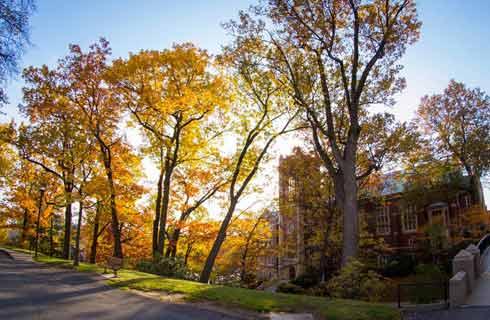
学历文凭
Bachelor Degree
下一个开始日期
课程费用总额
Bachelor of Science in Internal Accounting
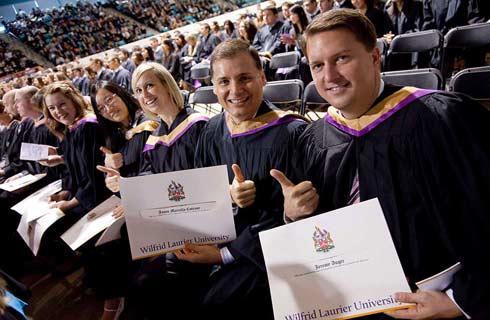
学历文凭
Bachelor Degree
下一个开始日期
课程费用总额
Bachelor of Science in Actuarial Mathematics
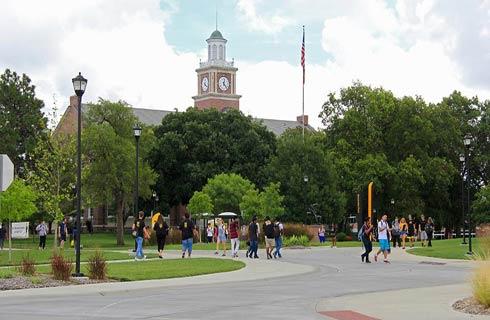
学历文凭
Bachelor Degree
下一个开始日期
课程费用总额
Bachelor of Arts in Africana studies

学历文凭
Bachelor Degree
下一个开始日期
课程费用总额
Bachelor of Arts in American studies
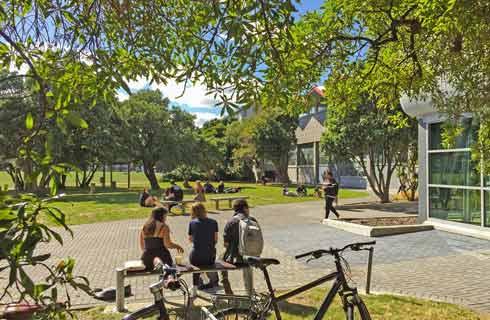
学历文凭
Bachelor Degree
下一个开始日期
课程费用总额
Bachelor of Arts in Anthropology

学历文凭
Bachelor Degree
下一个开始日期
课程费用总额
其他相关课程
环境研究文学士学位(4年)

劳伦森大学
泰晤士高等教育世界大学排名:

学历文凭
Bachelor Degree
下一个开始日期
课程费用总额
环境技术文凭

卡莫森学院
泰晤士高等教育世界大学排名:

学历文凭
Bachelor Degree
下一个开始日期
课程费用总额
土著环境科学理学学士

特伦特大学
泰晤士高等教育世界大学排名:

学历文凭
Bachelor Degree
下一个开始日期
课程费用总额
土著环境研究文学士学位

特伦特大学
泰晤士高等教育世界大学排名:

学历文凭
Bachelor Degree
下一个开始日期
课程费用总额
环境科学/研究学士

特伦特大学
泰晤士高等教育世界大学排名:

学历文凭
Bachelor Degree
下一个开始日期
课程费用总额
环境监测与影响评估研究生证书

凯布莱恩学院
泰晤士高等教育世界大学排名:
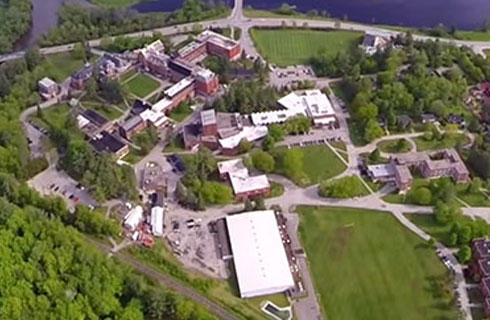
学历文凭
Graduate Certificate
下一个开始日期
课程费用总额





